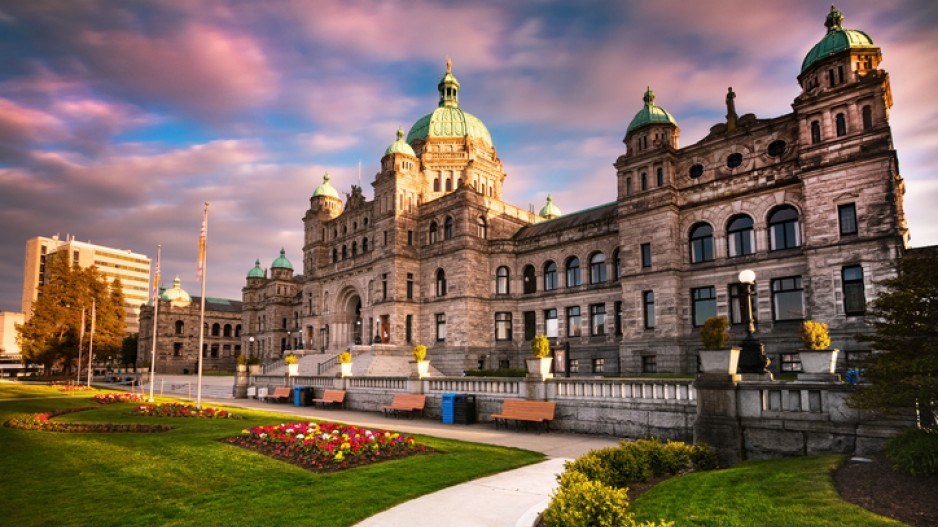After a bruising election defeat, a deflated BC Liberal Party faces an existential crisis of renewal and modernization.
Regaining traction will require 21st century leadership capable of managing complexity, ambiguity and disruption, while advancing diversity and inclusion.
See, Election 2020 was not a one-off.
The BC Liberals have lost share of the popular vote in every election since 2001, most noticeably in the Lower Mainland and Fraser Valley, which are increasingly multicultural, cosmopolitan and full of young families.
Organizations and brands vying to engage young and diverse people need to ensure they can see themselves reflected. Not just as some lofty theoretical aspiration or a lack of discrimination, but as an everyday reality.
The same goes for political parties seeking their support.
Yet the new 28-member BC Liberal caucus is three-quarters male. There are only three visible minorities and one MLA under 40. The Liberals have not elected an LGBTQ+ MLA since Lorne Mayencourt stepped down in 2008.
Inclusion is the right thing to do. It builds stronger and more adaptive organizations. These days, it’s also a critical necessity to win elections. But it shouldn’t be driven by tokenism or by quotas. A box-ticking approach to inclusion is insufficient; what’s needed is a meritocratic culture that welcomes diverse people and ideas and acts on them.
Renewing and modernizing the BC Liberal Party is not just about choosing a new name to satisfy one side or the other of the coalition.
Focusing only on the party name to the exclusion of more substantial issues is like debating how to rearrange the deck chairs on the Titanic, when what’s needed is a serious conversation about navigation.
BC Liberals will need to fundamentally modernize their message, tone, and ideas to reach an electorate that is increasingly composed of younger and newer voters. That doesn’t mean pushing people out or abandoning fundamental values like equality, opportunity, and fiscal prudence. But it will require difficult conversations and a serious turnaround.
Despite evolving at the margin, the political frame put forward by the BC Liberal Party for the last several decades remains rooted in a contrast to the NDP government of the 1990s. The Liberals have long emphasized a narrative of free enterprise versus socialism that harks back to the days of Social Credit and to the political polarization of the province, starting in the 1930s.
That framing may still resonate with a healthy share of voters over 50, but they alone cannot win elections.
In the early 1990s, the “Free Enterprise Coalition” was a rhetorical bridge that brought former Socreds to a new home in the BC Liberal Party. Today, few people who came of age or arrived in BC after 2001 have any idea what free enterprise means or who the Socreds were.
To remain relevant, the BC Liberals must build a new bridge to a new generation of voters. That will require making room at the table for a new generation of leaders.
Experience, mentorship and succession are critical. But a government in waiting must also demonstrate that it has the firsthand currency, capacity and courage to take up tomorrow’s challenges and opportunities. A key objective is building a public service and public policies that are responsive to how quickly things can change in the 21st century – even without a global pandemic. Political leaders who clearly and fluently understand the economic and cultural dynamics of the modern era will be critical to this.
An example: many children being born today in B.C. will never learn to drive. In a couple of decades, personally owning a car may be equivalent to owning a record player.
A combination of self-driving cars, “mobility as a service” and a shift from individual to fleet insurance will make the political complexity of ride hailing and ICBC, which has tripped up both Liberal and NDP governments, look like child’s play.
Meanwhile, thousands of long-haul trucking jobs will have been gobbled up by automation, and perhaps we will face real-world debates over the ethical programming of self-driving cars when it comes to protecting passengers versus pedestrians.
Across the political spectrum, we will need collaborative and “digitally native” political leaders who are equipped to navigate a new and different set of issues without neglecting the province’s historical strengths and long-term strategic imperatives.
British Columbia can’t move forward by looking to the past or by rehashing stale political arguments from the 1990s or early 2000s. It’s time to think big, set a new frame, and remake the BC Liberals as a proactive party for the 2020s and beyond. •
Gavin Dew is a Vancouver entrepreneur, father of two, and founder of the Forum for Millennial Leadership, which works to engage and elect the next generation of leaders. He was a BC Liberal by-election candidate in 2016.




